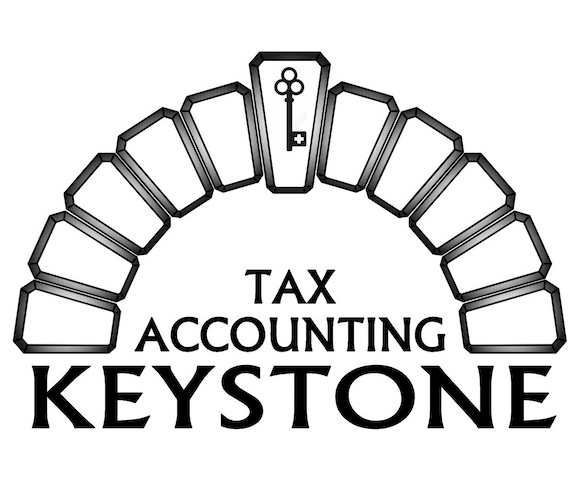Individuals, trusts, and estates with qualified business income (QBI) may qualify for the 20% QBI deduction. If you have income from partnerships, S corporations, sole proprietorships, you might be eligible for this 20% deduction.
Any income you receive from a C corporation isn’t eligible for the deduction. However, your eligibility may get mixed up with income limits, specified service trades or business, and more. Here’s who the IRS says is qualified for this deduction. Are you eligible?
Taxable income
If your taxable income is less than $315,000 as a married couple filing a joint return or $157,500 as any other filing status, you’re able to claim this 20% deduction on your qualified business income.
Specified service trades or businesses
However, if your taxable income is between $315,000 and $415,000 (MFJ) or $157,500 and $207,500 (other), your deduction is subject to additional limitations.
One of those limitations is having a business that the IRS identifies as a specified service trade or business (SSTB). These types of businesses include the following industries:
Health
Consulting
Law
Trading
Accounting
Actuarial science
Performing arts
Athletics
Investing & investment management
Dealing in securities, partnership interests, or commodities
Any business with a principal asset of a reputation or skill of one or more of its employees or owners
If your business falls into any of the SSTB categories and your taxable income is between $315,000 and $415,000 (MFJ) or $157,500 and $207,500 (other), your deduction is limited.
These limitations are the W-2 wage limitation and the W-2 wage and unadjusted basis limitation. They’re phased in and based on your taxable income. You should calculate both limitations to get your final deduction.
Unfortunately, if your taxable income is greater than $415,000 (MFJ) or $207,500 (other), you can’t claim this deduction at all.
If you don’t know whether your business is a SSTB, the IRS regulations state, “In many cases, the determination of whether a specific trade or business is an SSTB depends on whether the facts and circumstances demonstrate that the trade or business is in one of the listed fields” (TD-REG-107892-18).
Essentially, each business is unique. The IRS doesn’t have simple, cut-and-dry rules on which businesses fall within these categories.
Contact us if you’d like us to analyze your business, determine the services it provides, and whether it falls into any of the categories listed above.
Other business categories
Now, if your business falls into any of the following categories, you can claim this deduction.
Any electing real property trade or business
Any electing farming business
Trade or business of the furnishing or sale of electrical energy, water, sewage, disposal services, gas or steam through a local distribution system, or transportation of gas or steam by pipeline
Patrons of horticultural or agricultural cooperatives (in some cases)
Finally, if your income is more than $315,000 (MFJ) or $157,500 (other) and it’s earned from a qualified trade or business, your deduction is also subject to the W-2 wage limitation or the W-2 wage and unadjusted basis limitation.
Again, they’re based on your taxable income, but there’s no income cap on non-SSTB income. You’ll need to calculate both limitations to determine your final deduction.
This deduction is one of the more complicated elements of the new tax law. Pieces of it may seem simple enough, but as you research more, it can become increasingly confusing.
If you have any additional questions, please don’t hesitate to call us at 408.412.3373 or email us at info@keystonetaxes.com.

Recent Comments